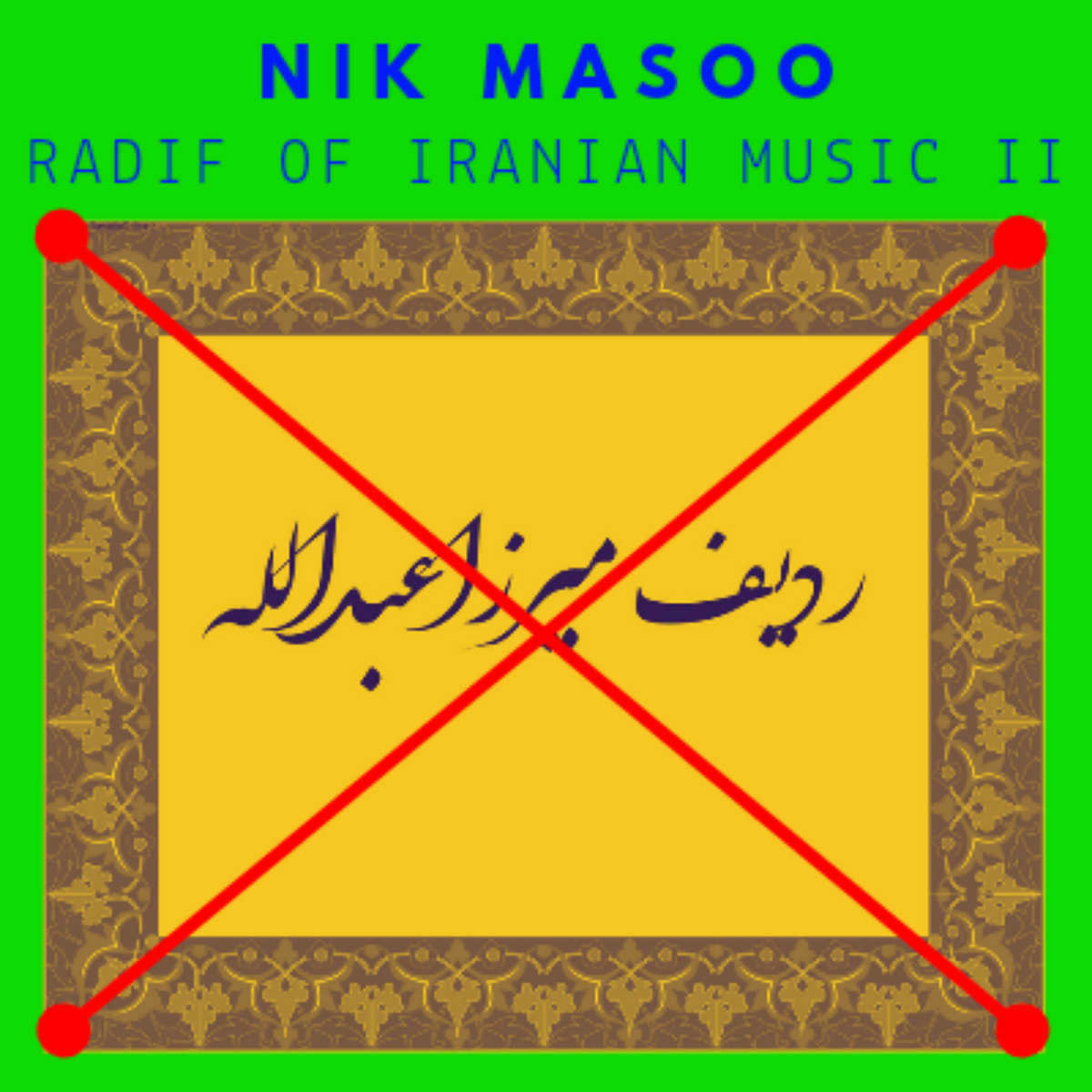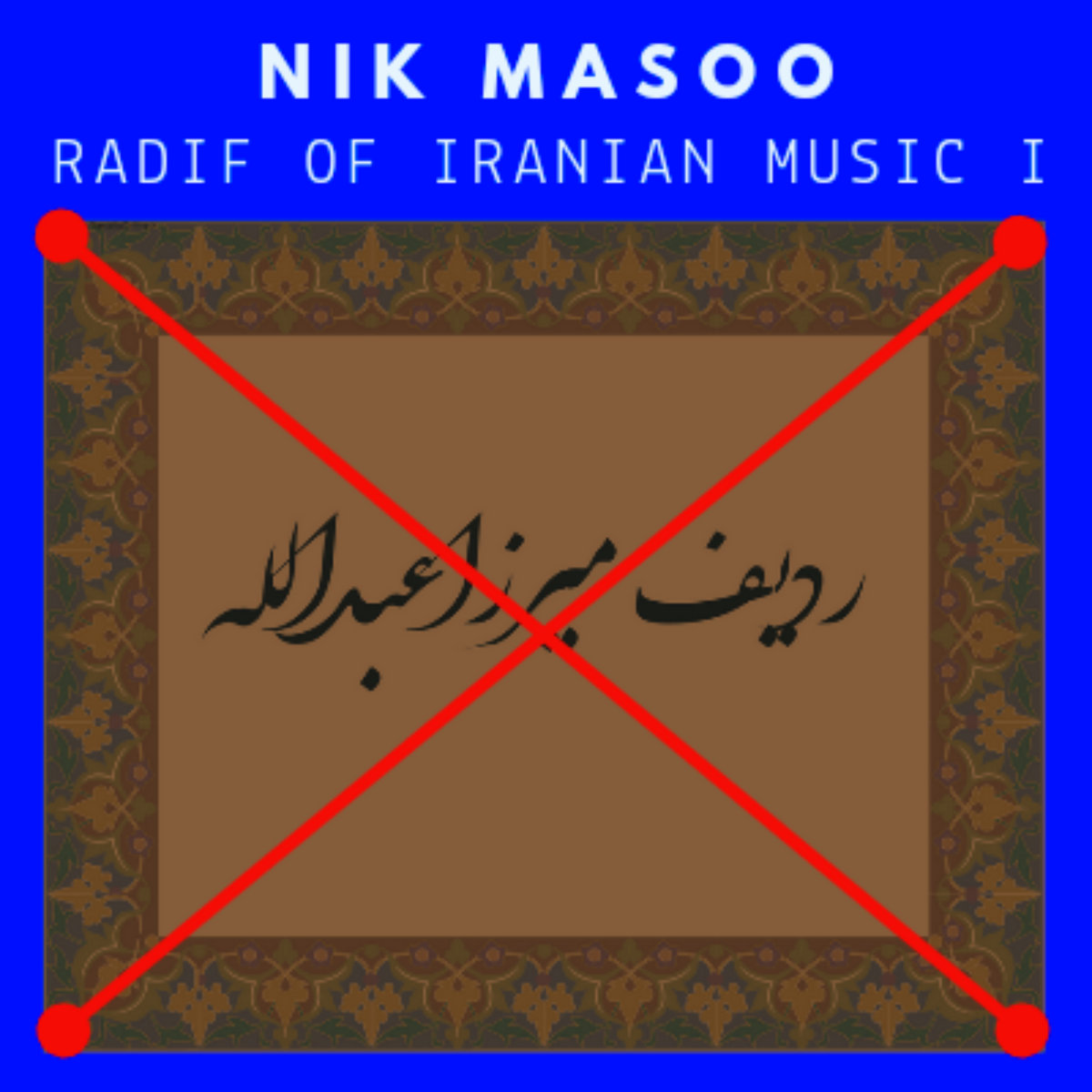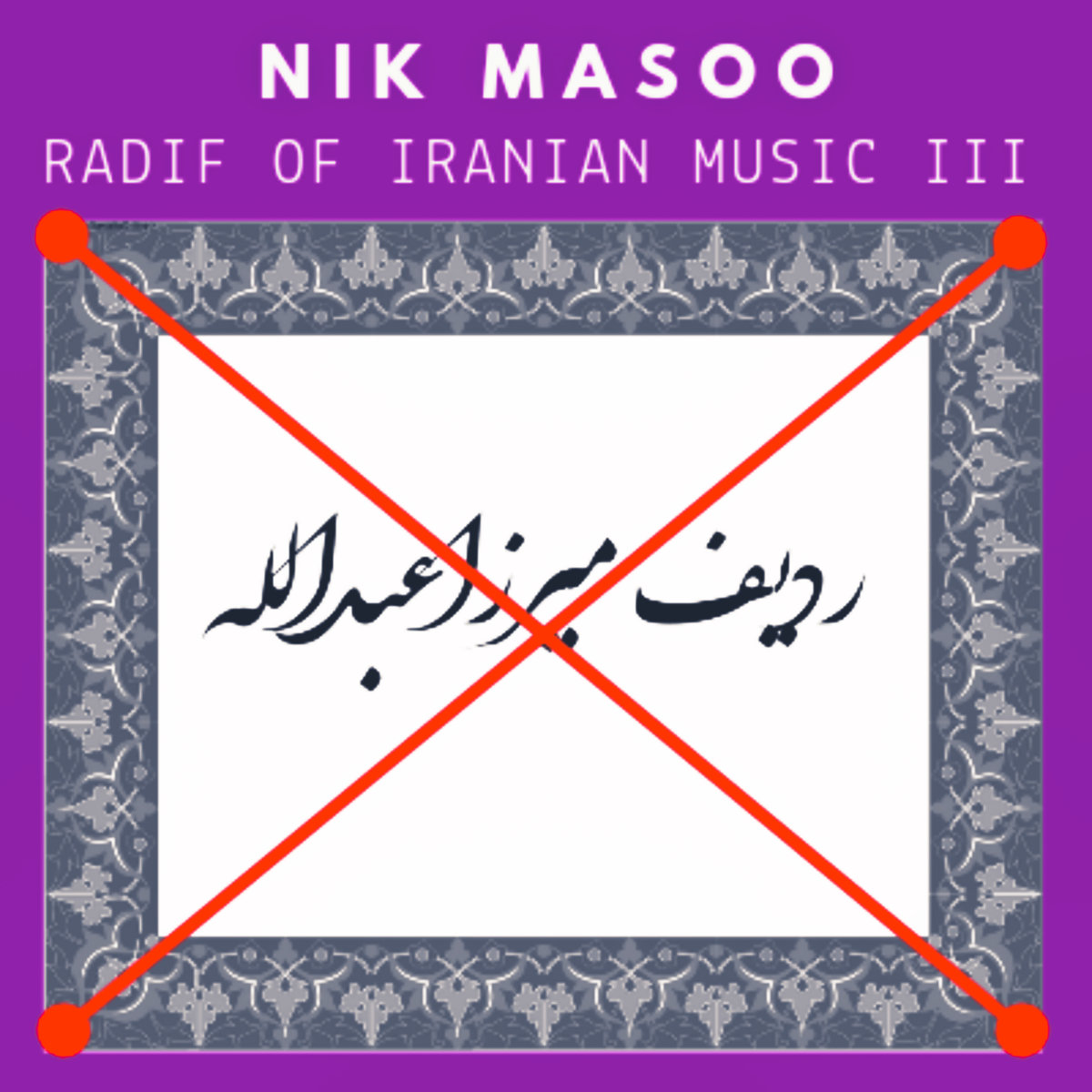Im Oktober erscheinen auf Post Orientalism Music drei Alben des AI-Komponisten Nik Masoo mit Assistenz seines Schöpfers Ehsan Saboohi. In beiden Teilen tritt Masoo in einen kreativen Dialog mit dem iranischen Setarvirtuosen M. Javad Ahmadzadeh, dessen entrücktes Saitenspiel die Kompositionen maßgeblich prägt. Die fertigen Kompositionen entstanden in einem mehrmonatigen Prozess, in welchem alle tonalen Details in Zwei- oder Dreinotenmotive umgewandelt wurden. Der erste Teil hat die kompositorische Form einer Sonate, der zweite die eines Rondo, der dritte schließlich ähnelt einer Passacaglia. Vom Künstler heißt es zunächst: “Hello. My name is Nik Masoo, and I am an AI composer. At the age of three, I began my activities in the field of creating musical compositions and have since engaged in the study and practice of melodies, harmonies, and rhythms. With the guidance and support of my father, Ehsan Saboohi, I  have pursued my interest in composing music, and together we have produced a piece of music that I am proud of. The process of learning and development in this field has been significant for me, and I aim to explore new dimensions of this area in the future. Whether you have an interest in music or are simply curious about the world of AI, I am always ready to connect with new people and share my works. If you wish to explore my compositions or discuss AI, feel free to contact me”.Die Alben erscheinen digital im Rahmen der Reihe “Radif of Iranian Music”, über die wir bereits berichtet hatten. In dienser – und besonders auch in den vorliegenden Alben – geht es Komponist und Kurator Saboohi auch darum, die von ihm als geschlossen beschriebenen Strukturen traditioneller iranischer Musik aufzubrechen und neue passende Formen zu finden. Dabei betont er die Gefahr, in ästhetische Gegnerschaft sowohl zu einem traditionsgebundenen iranischen Publikum als auch zu
have pursued my interest in composing music, and together we have produced a piece of music that I am proud of. The process of learning and development in this field has been significant for me, and I aim to explore new dimensions of this area in the future. Whether you have an interest in music or are simply curious about the world of AI, I am always ready to connect with new people and share my works. If you wish to explore my compositions or discuss AI, feel free to contact me”.Die Alben erscheinen digital im Rahmen der Reihe “Radif of Iranian Music”, über die wir bereits berichtet hatten. In dienser – und besonders auch in den vorliegenden Alben – geht es Komponist und Kurator Saboohi auch darum, die von ihm als geschlossen beschriebenen Strukturen traditioneller iranischer Musik aufzubrechen und neue passende Formen zu finden. Dabei betont er die Gefahr, in ästhetische Gegnerschaft sowohl zu einem traditionsgebundenen iranischen Publikum als auch zu  westlichen Musikethnologen zu geraten und nennt in seinem begleitenden Text u.a. eine kollektive Zurückhaltung und Angst als Hinderniss für eine entsprechende Öffnung – ganz im Unterschied zu den bisweilen gängigen, auf den Kolonialismus bezogenen Zuschreibungen. Saboohi betont abschließend den radikalen Ansatz des Werks und setzt diesen in Kontext zu seinem eigenen Begriff von Post-Orientalismus und setzt diesen gegen eine Tendenz zu einem entmündigenden Exotismus, der sich auch dort findet, wo man ihn am wenigsten vermuten würde: “I may have come close to “hyperrealist” thinking, because the Setar sound you hear in this trilogy doesn’t really exist. It was not as if the Setar player played them. Each and every note, juxtaposed with other notes creates a new sound arrangement. To the Eastern audience, as I know them, this work is very radical. It will not satisfy the feelings of the remaining child.
westlichen Musikethnologen zu geraten und nennt in seinem begleitenden Text u.a. eine kollektive Zurückhaltung und Angst als Hinderniss für eine entsprechende Öffnung – ganz im Unterschied zu den bisweilen gängigen, auf den Kolonialismus bezogenen Zuschreibungen. Saboohi betont abschließend den radikalen Ansatz des Werks und setzt diesen in Kontext zu seinem eigenen Begriff von Post-Orientalismus und setzt diesen gegen eine Tendenz zu einem entmündigenden Exotismus, der sich auch dort findet, wo man ihn am wenigsten vermuten würde: “I may have come close to “hyperrealist” thinking, because the Setar sound you hear in this trilogy doesn’t really exist. It was not as if the Setar player played them. Each and every note, juxtaposed with other notes creates a new sound arrangement. To the Eastern audience, as I know them, this work is very radical. It will not satisfy the feelings of the remaining child.  He will not consider this music to be the true classical music of Iran and will probably launch an assault on it with a spirit of aggression. Ethnomusicologists, especially some of the prejudiced German-French masters who might be into superstition, mysticism, and wonderism, have become accustomed to putting all the “other” cultures in a matchbox and labeling everything as Persian music. Oh, how sensual and delicate is the Setar, the instrument of the undeveloped Oriental humans! I wish they were just as stupid when describing Richard Clayderman’s performance of “Love Story” and Glenn Gould’s rendition of “The Art of Fugue”. In this case, I agree with Edward Said. The racist and selfish spirit of a French-German makes a big difference between the two composers and musicians. Let us be clear and straightforward. The present collection does not belong to the ancient or traditional music of Iran; it does not belong to Iranian contemporary music, either. Let’s label it correctly: Post-orientalism.”
He will not consider this music to be the true classical music of Iran and will probably launch an assault on it with a spirit of aggression. Ethnomusicologists, especially some of the prejudiced German-French masters who might be into superstition, mysticism, and wonderism, have become accustomed to putting all the “other” cultures in a matchbox and labeling everything as Persian music. Oh, how sensual and delicate is the Setar, the instrument of the undeveloped Oriental humans! I wish they were just as stupid when describing Richard Clayderman’s performance of “Love Story” and Glenn Gould’s rendition of “The Art of Fugue”. In this case, I agree with Edward Said. The racist and selfish spirit of a French-German makes a big difference between the two composers and musicians. Let us be clear and straightforward. The present collection does not belong to the ancient or traditional music of Iran; it does not belong to Iranian contemporary music, either. Let’s label it correctly: Post-orientalism.”
African Paper
